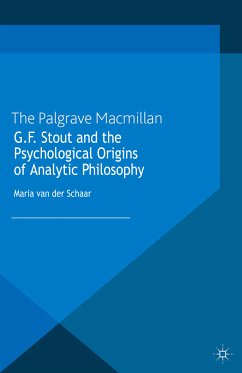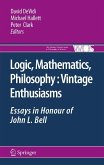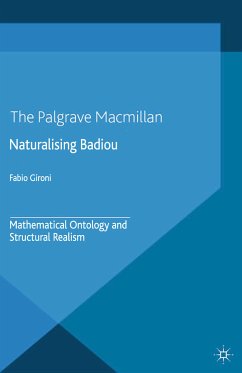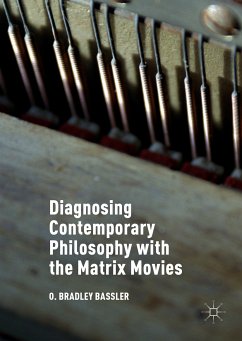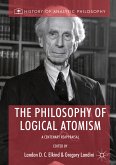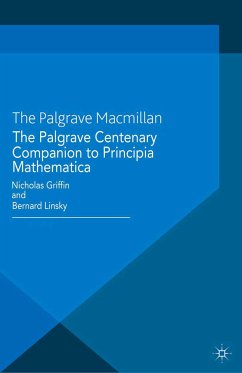Dieser Download kann aus rechtlichen Gründen nur mit Rechnungsadresse in A, B, BG, CY, CZ, D, DK, EW, E, FIN, F, GR, HR, H, IRL, I, LT, L, LR, M, NL, PL, P, R, S, SLO, SK ausgeliefert werden.
"Michael Huemer's new book Approaching Infinity squarely takes on problems related to understanding the infinite. ... Huemer's book is indeed a very good contribution to the study of the infinite. ... Huemer's book gives a challenging and well thought out account of the infinite. His presentation is one that will surely engage anyone interested in this topic. ... Approaching Infinity should be required reading for anyone with an interest in this fascinating topic." (Biagio Gerard Tassone, dialectica, Vol. 71 (2), June, 2017)
"Approaching Infinity is entertaining and competently written. It is recommended to anybodywho finds the puzzles of the infinite intrinsically interesting, but also to those who think that the paradoxes of the infinite were totally tamed by Aristotle or contemporary mathematics." (Christopher M.P. Tomaszewski, The Review of Metaphysics, Vol. 71 (3), 2017)



